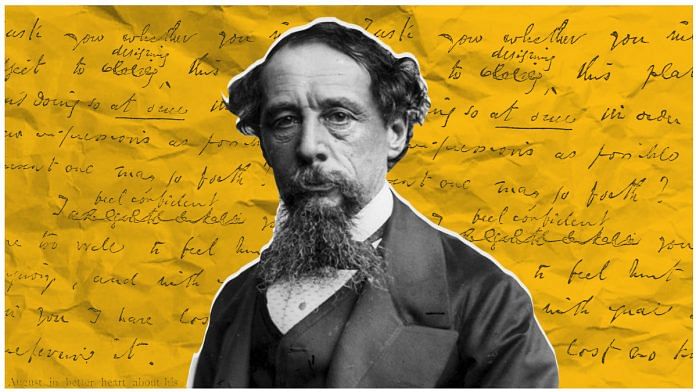New Delhi: The Supreme Court Friday ruled that the communication restrictions imposed by the central government in Jammu and Kashmir need to be reviewed immediately and that any suspension of internet services for an indefinite period would be subjected to judicial scrutiny.
The three-judge bench, comprising Justices N.V. Ramana, B.R. Gavai and Subhash Reddy, was hearing a batch of petitions challenging the restrictions.
Before reading out the judgment, Justice Ramana, who authored the verdict, quoted the famous opening lines from Charles Dickens’ novel A Tale of Two Cities.
‘It was the best of times, it was the worst of times, it was the age of wisdom, it was the age of foolishness, it was the epoch of belief, it was the epoch of incredulity, it was the season of Light, it was the season of Darkness, it was the spring of hope, it was the winter of despair, we had everything before us, we had nothing before us, we were all going direct to Heaven, we were all going direct the other way – in short, the period was so far like the present period, that some of its noisiest authorities insisted on its being received, for good or for evil, in the superlative degree of comparison only’.
“Although cherished in our heart as a ‘Paradise on Earth’, the history of this beautiful land is etched with violence and militancy. While the mountains of Himalayas spell tranquility, yet blood is shed every day,” he said.
Dickens’ novel was set in the backdrop of the French Revolution where the working class and common citizens known as the proletariat, rose against the ruling class, which was the clergy and aristocratic class known as the bourgeoisie, to fight against social and political inequalities.
The revolution led to the abolition of the monarchy and the formation of a ‘republic’. The proclamation of revolution for oppressed civilians was regarded as the “spring of hope.”
Not the first time
The reference to the novel got many people on Twitter talking about it.
It takes around five months to finish reading ‘A Tale of Two Cities’. #JustSaying
— Sushant Singh (@SushantSin) January 10, 2020
The beginning of India's Supreme Court latest ruling on #Kashmir. For real pic.twitter.com/2aBTd8IiCC
— Simon Sturdee (@simonsturdee) January 10, 2020
It is not the first time the Supreme Court has quoted authors, specifically Charles Dickens, in their judgments.
When the Supreme Court decriminalised homosexuality in 2018, the opening line of the verdict, penned by then Chief Justice of India Dipak Misra and Justice A.M. Khanwilkar, began with a poem by German writer Johann Wolfgang von Goethe, “I am what I am, so take me as I am.”
Not just A Tale of Two Cities, the Supreme Court also quoted other works of Dickens in their judgments. For example, in the Bhopal Gas Tragedy case in 2010, the court cited Charles Dickens’ book Bleak House to express dissatisfaction over the pace of the judicial proceedings.
The bench comprising Justices Markandeya Katju and T.S. Thakur cited from the book on a civil dispute involving two families, Jarndis vs Jarndis, that dragged on for over a century.
“In that case, the matter dragged on for 100 years, several generations had died. The descendants, the advocates and the judges were not aware what was the case about but they were fighting it. India is also becoming like that. Cases keep dragging,” the top court had said.
Former chief justice of the Delhi High Court A.P. Shah in an article written in 2017 talked about the connections between law and literature. He said among the many literary works that deal with law as a subject, his personal favourite was Dickens’ The Pickwick Papers.
Also read: SC says Kashmir Times editor’s ‘chilling effect on journalists’ argument is emotive



